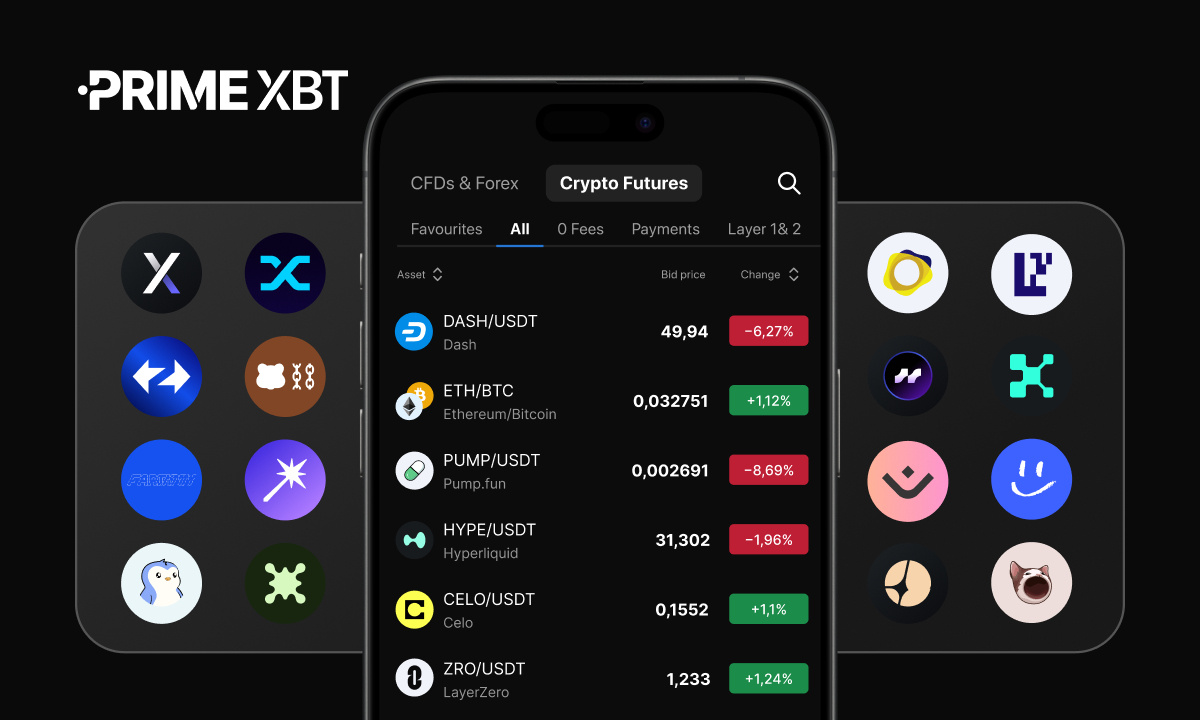Crypto companies may communicate with their clients using different means, one of which is through emails. For example, they could send new offers, competitions, events, and much more to their list of users via emails. They often do not ask their users to click any link or offer any private information through this means of communication; instead, they advise their clients to log in normally and access the offer.Â
In most cases, some crypto companies, especially exchanges, advise their users not to click any links sent in an email or provide private details to anyone in an email. Nonetheless, some have been using scam crypto emails to fleece people of their cryptocurrencies and NFTs. A popular incident was a phishing email sent to some OpenSea users, telling them to migrate their NFTs to a new smart contract by clicking on a link contained in the message. People that carried out the process lost their NFTs to the scammer.Â
This is quite a common way that scammers use clone phishing attempts to steal digital assets. It usually involves the scammers cloning a genuine crypto company’s email address and message format. They then seek a list of clients’ email addresses, which may have been made available on the internet, for a token.Â
These unscrupulous individuals craft the messages and send them to unwitting victims asking them to carry out some tasks. Report phishing attempts to the genuine crypto company when such incidences occur.Â
Quick ways to spot a scam crypto email:
- Check out the email address. There is always a difference between it and the actual email address.
- Do not click any links in the email.Â
- It is unwise to offer others personal details like login details and seed phrases, even when an email requests it. Â
- Do not download any app contained in an email. Instead, use Google Play Store or Apple App Store and confirm that it is genuine.









